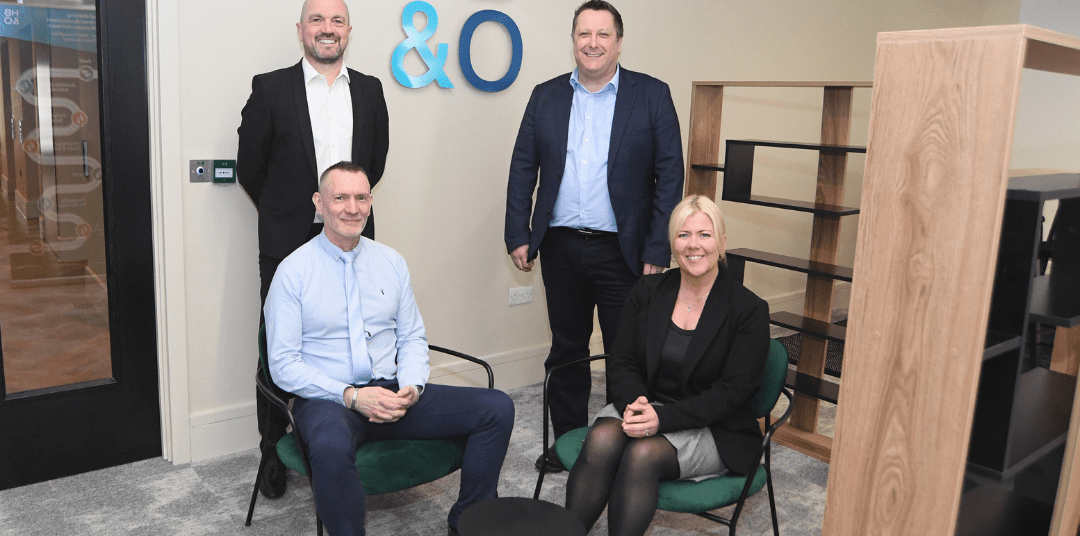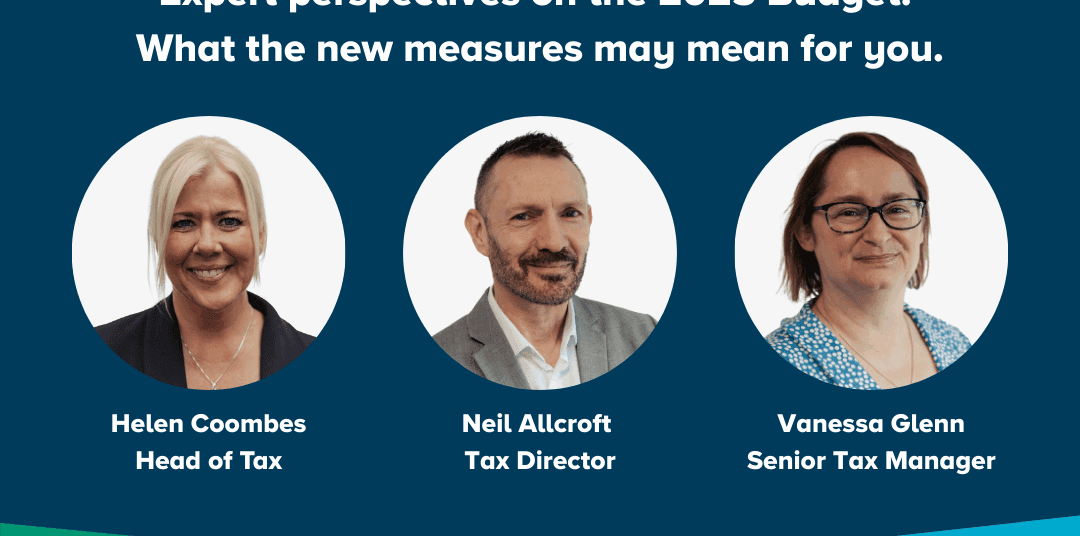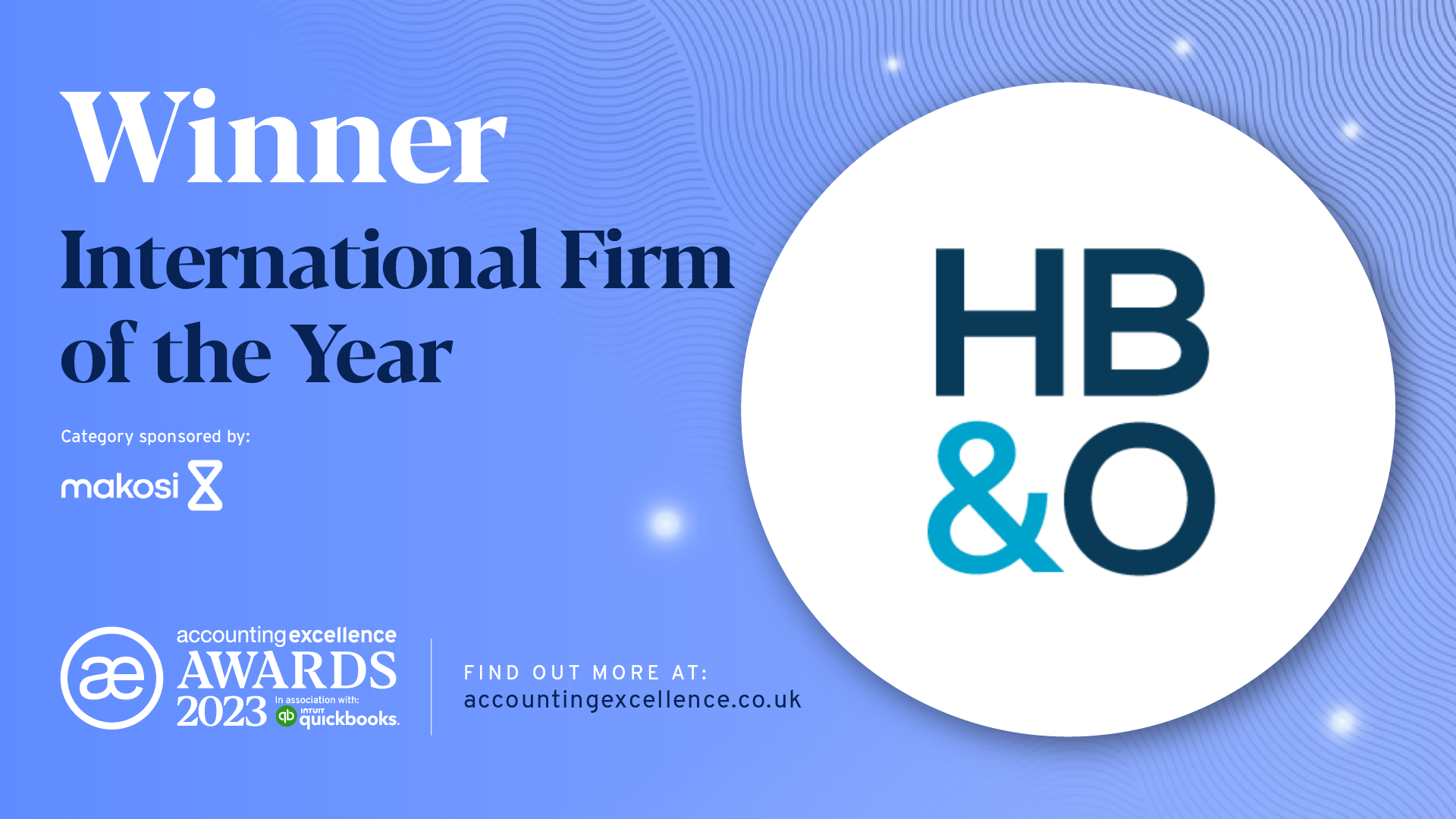Setting up a limited company is a big milestone, but it also comes with responsibilities. This guide gives you a clear, practical overview of the key things you need to know to help you stay compliant, manage your finances and grow with confidence.
- Company Setup: Directors and Share Structure
Legally, a company is only required to have a single director but appointing more than one is highly advisable. If the sole director becomes unwell or unavailable, the company may be unable to carry out essential tasks such as signing accounts or submitting filings, which could put the business at risk. Having at least two directors helps ensure continuity and shares responsibility.
You will also need to decide how shares are structured. If you have co-founders, it is important to agree early on how ownership is divided and to document this – ideally with a shareholders’ agreement. Most businesses issue ordinary shares, which give owners voting rights and the ability to receive dividends.
Even if you are a solo founder, make sure you maintain a register of shareholders and people with significant control (anyone with more than 25% ownership). Getting this structure right early on will save issues later.
- Paying Yourself and Using Tax Allowances
As a director and shareholder, you can take money from the business in two ways: a salary and/or dividends.
Many small business owners choose to pay a modest salary – ideally within the personal tax-free allowance (currently £12,570) – so they minimise income tax and still qualify for things like state pension contributions. It is also common to top this up with dividends, which are paid from company profits and taxed at lower rates than salary.
Every person also has a tax-free dividend allowance (currently £500). If your spouse or partner is involved in the business, it may be possible to use their allowances too, but it is important to get professional advice before making any decisions.
Structuring things properly from the start can help reduce your personal tax bill and avoid complications later.
- Bookkeeping and Record-Keeping
Good record-keeping is one of the most important habits you can build. Set up a separate business bank account – this is essential for limited companies and keeps your personal and business finances clearly separated.
From day one, start recording all income and expenses. Cloud accounting tools like Xero make this easy and reduce admin, with features like automated bank feeds, invoicing and simple reporting.
You are legally required to keep records for at least six years, including receipts, invoices, payroll and details of shareholders and directors. Keeping things organised will help with tax returns, cash flow forecasting and decision-making.
- Tax and Compliance Essentials
Once your company starts trading, you must register for Corporation Tax with HMRC within three months. Your Corporation Tax return is usually due 12 months after your financial year-end, but payment is due earlier – nine months and one day after year-end.
You also need to file statutory accounts with Companies House, and a Confirmation Statement each year to confirm key company details are up to date. These are legal requirements and there are automatic fines for missing deadlines.
If your company’s taxable turnover exceeds £90,000, you must register for VAT. Even if you are below the threshold, voluntary VAT registration can sometimes benefit your business – especially if you work with other VAT-registered businesses. Our in-house, VAT specialists can advise on the best approach for your business and help you register, manage and stay compliant.
- Employing People: PAYE, Payroll and Pensions
If you take a salary or hire members of the team, you will need to register as an employer with HMRC and operate PAYE – the system used to handle Income Tax and National Insurance deductions.
You will need to issue proper employment contracts, and once you have staff, you must set up a workplace pension scheme and make contributions for eligible employees under auto-enrolment rules. If you are the only employee and a company director, you can apply for an exemption.
Employers’ liability insurance is also legally required once you have staff. And even if you’re just working with co-founders, it is worth setting clear roles and expectations to avoid confusion.
- Cash Flow Management
Cash is king, and managing it properly is vital. Many profitable businesses still fail because they run out of cash.
Track your income and outgoings regularly and forecast your cash flow so you can plan for quieter months or upcoming bills, like VAT or Corporation Tax. HB&O’s Virtual Finance Office (VFO) team can support you with selecting and setting up the right tools – from cash flow forecasting apps to real-time dashboards – giving you clear insight into your business’s financial performance whenever you need it.
Try to build a small cash buffer to help cover unexpected costs. Set clear payment terms with clients (e.g. 14 or 30 days), and don’t be afraid to chase unpaid invoices promptly. Late payments are one of the most common cash flow challenges for small businesses, so put a system in place to stay on top of it.
- Funding and Support Options
New businesses have a range of funding options available, depending on your goals and stage of growth.
- Start Up Loans: Government-backed personal loans for new businesses, up to £25,000 per director.
- Business credit cards: Products like Capital on Tap offer flexible spending with cashback rewards, but remember to always check interest rates.
- Overdrafts and loans: Some banks offer startup-specific products with flexible terms.
- Grants: Local councils and business support organisations sometimes offer grant funding so this is worth exploring in your area.
- Equity investment: If you are building a high-growth business and are open to giving up shares, angel investors or crowdfunding may be an option.
SMEs are four times more likely to secure funding when working with their accountant. At HB&O, we have strong relationships with a wide range of finance providers and can support you through the entire process. Whether you’re managing cash flow, purchasing equipment or planning to scale, we’ll help you explore the right funding options for your business and make sure you are fully prepared to apply.
- Building a Support Network
At HB&O, we believe every business owner should feel supported, informed, and confident in their decisions. Our team is here to act as a sounding board and a guide, whether you need help with bookkeeping, tax planning, payroll, or understanding your financial position. We work closely with clients to provide proactive advice, whenever you need it.
We also encourage connecting with other business owners, whether through local networks or online communities. Surrounding yourself with people who understand the journey can offer fresh ideas, motivation and reassurance along the way.
Next Steps
Starting a company can often feel overwhelming, but with the right support and structure in place, you’ll be well equipped to succeed.
The team at HB&O work with new business owners across the UK, providing expert guidance at every stage of the journey. With specialist teams in cloud accounting, tax, VAT, payroll, financial strategy and more, we offer tailored support to help you build strong foundations and grow with confidence.
If you would like to talk to our team about getting started, please contact us today to arrange a complimentary consultation.
Email: [email protected]
Phone: 01926 422292














